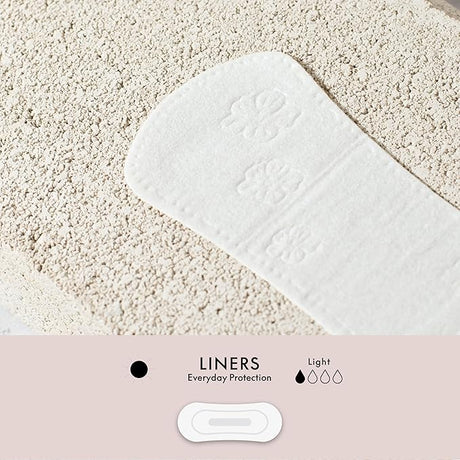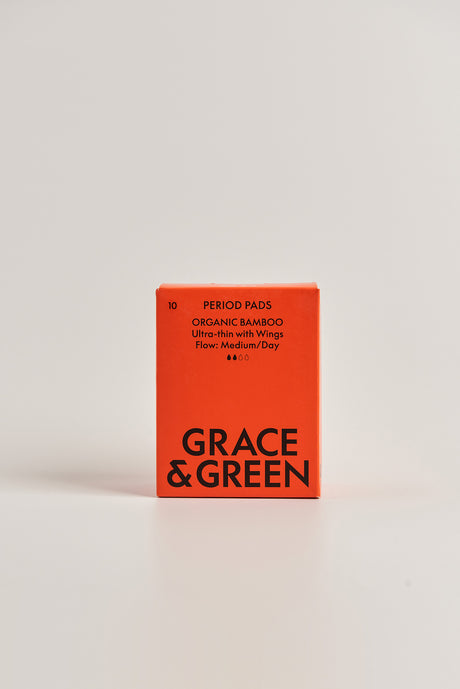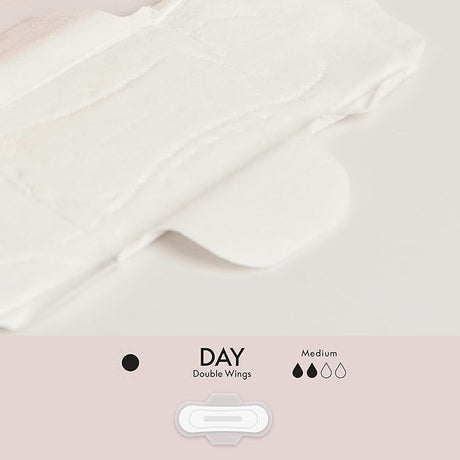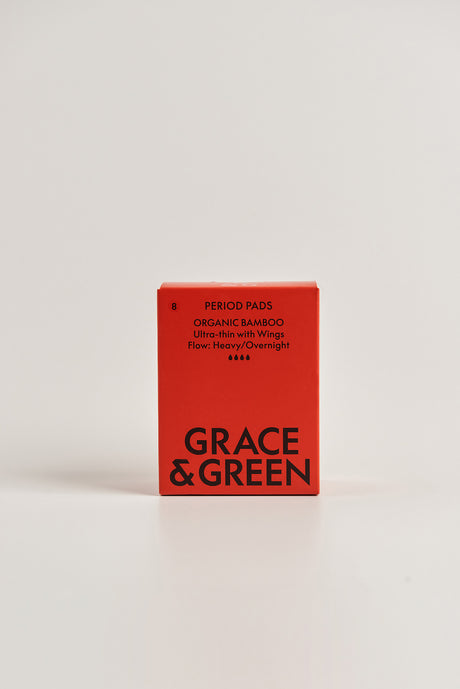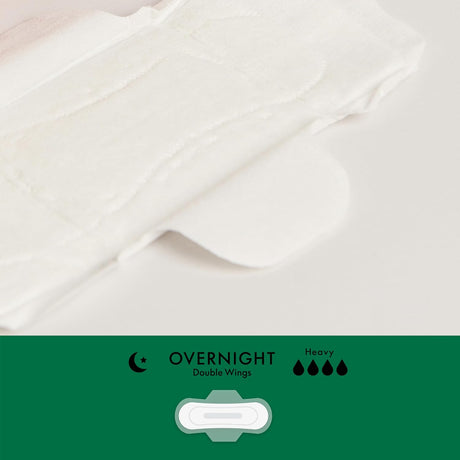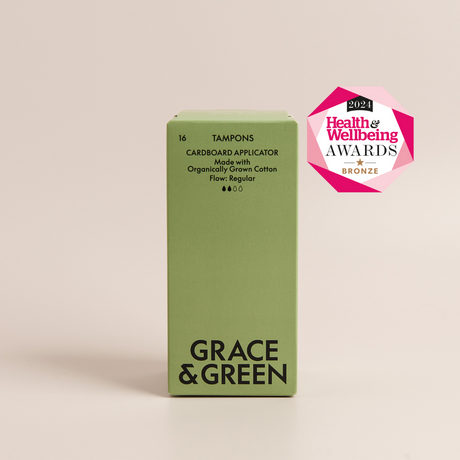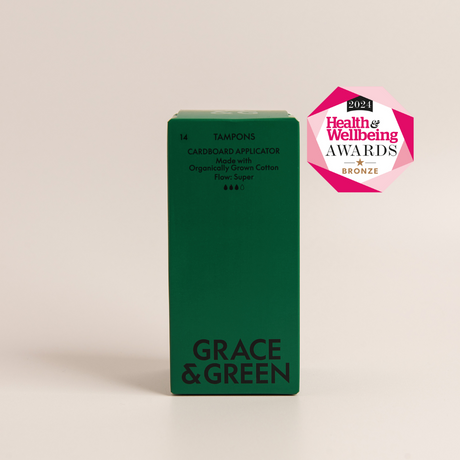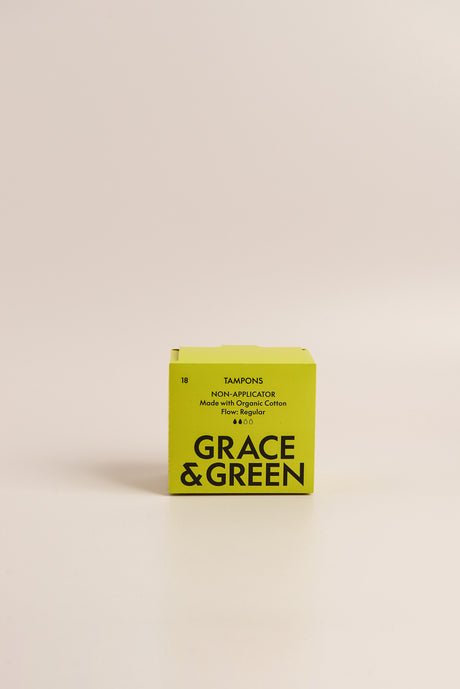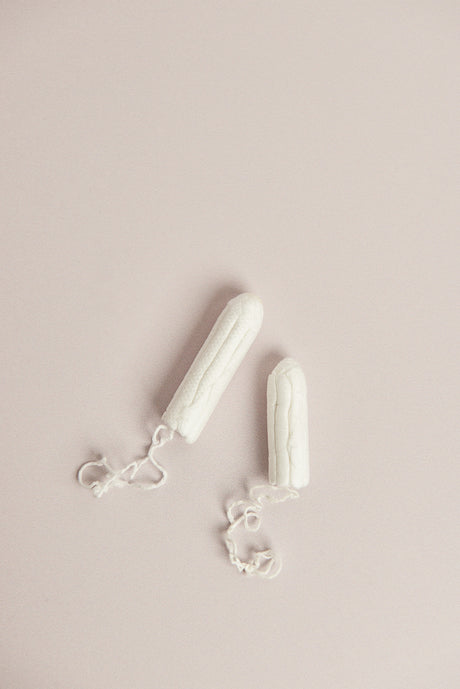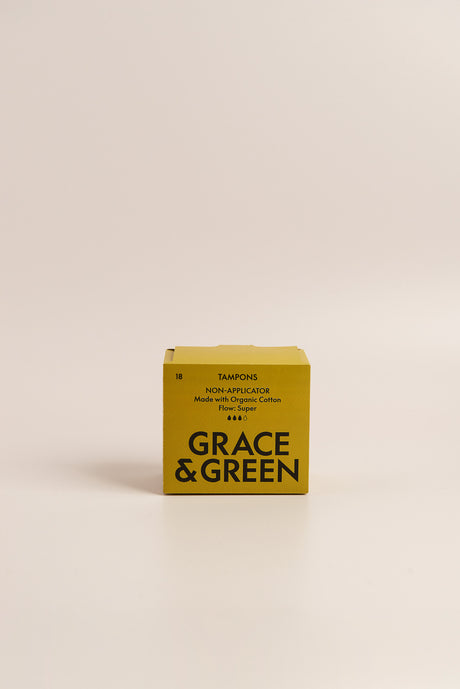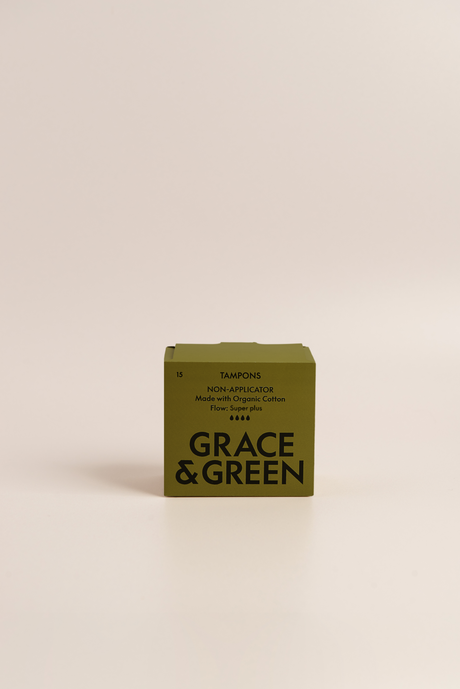Blood and cramps are a normal part of our menstrual cycle, but when should you seek help?
For most people, having a heavier bleed for a few days during a period is completely normal. Perhaps you’ve woken up to realise your pad wasn’t maxi enough, or you’ve had to go to the bathroom because of a leak.
But, rest assured you’re not alone. In fact, in the UK it’s estimated that one in three women have a heavy period, with one in 20 consulting their GP for this very reason.
Is every heavy flow considered as HMB?
In medical terms, heavy menstrual bleeding or HMB can also be referred to as menorrhagia - which refers to abnormally heavy or prolonged bleeding. It can be challenging to maintain your normal daily activities with HMB because of significant blood loss.
Most of the time it's nothing to worry about however in some cases heavy periods can make it challenging to maintain your daily activities, cause you emotional stress and in rare cases lead to anemia.
What is a ‘normal’ flow?
As we know, everybody is different and periods affect us all differently, so there’s really no such thing as ‘normal’.
Similarly to most areas of menstrual health, there is no one-size-fits-all, which is why some of us can wear a panty liner whilst others reach for the super absorbent tampons. The amount of blood you lose on your period varies from woman to woman, but on average you lose around 6-8 teaspoons.
What does my heavy flow mean?
A ‘heavy’ period used to be described as one where you lose 80ml or more of blood each period, have periods that last longer than a week, or both. Modern guidelines classify heavy periods as any amount of menstrual bleeding that impacts your quality of life.
Other features of a heavy period include:
- Having to change a heavy pad or super tampon every hour
- Routinely bleeding through your clothes
- Having to use two types of period product together
- Passing blood clots larger than 2.5cm
Usually, a heavy flow isn’t cause for concern but if you notice any significant changes (after all you know your own body better than anyone) then it’s important to speak to your GP. The NHS website has a self-assessment tool to help you if you’re unsure.
I’m seeing a lot of blood clots, should I be worried?
Blood clots are a common feature of periods, and typically they’re nothing to worry about. Scientifically speaking, blood clots are made up of coagulated blood and endometrial tissue. They can vary in size and often look quite chunky and/or have a jelly-like consistency.
During our menstrual cycle, hormonal changes trigger your body to shed its uterine lining which exposes blood vessels and can cause bleeding. In order to speed up this process, your body produces anticoagulants to break down the tissue so it can move through the cervix more easily.
If you experience a heavy flow, sometimes your body doesn’t produce enough anticoagulants resulting in clots. This could also be why you might feel some cramping as your body is working at maximum effort to pass large clots.
Period clots aren’t always cause for concern, but there are caveats. If you notice persistent blood clots for example, or if they’re larger than 2.5cm then it’s time to speak to your GP. Additionally, if you experience severe fatigue and dizziness while on your period then you should make an appointment too.
What causes heavy menstrual bleeding?
There is no single cause for a heavy period. Anything from your stress levels, diet, general lifestyle, contraception and other medications can affect your cycle. Sometimes a heavy period isn’t caused by anything in particular but in other cases it can be due to a serious underlying issue.
Here are some of the main causes:
- Fibroids and polyps: Uterine fibroids are benign (non-cancerous) growths found in, on and around the uterus. They’re a common cause of heavy periods, pelvic pain and bleeding between periods. 20-50% of people of reproductive age have fibroids but they’re more likely as you get older.
But what about my cramps?
For some people, the pain of period cramps can be excruciating. For others, it’s a steady burn of pain. Or, perhaps you don’t feel any pain at all. Whichever camp you sit in, it’s likely that at some point in your menstrual life you’ve experienced period cramps.
Period cramps are usually described as an aching pain in the lower abdomen. Some people find they also get lower back pain or thighs.
Cramping happens during the menstrual phase and usually starts on the day before your period, or just before you start to bleed. During this phase, your womb has more chemicals in it that cause the muscles to tighten and help shed your womb’s lining. This is why the first day of your period is often the most painful.
To help relieve period pains you could try a combination of lifestyle changes:
- Having a warm bath or shower to relax the body
- Using magnesium supplements which help to relax the muscles of the uterus
- Orgasms (yes, really) - the surge in both oxytocin and endorphins can do wonders
- Using a heat pad or hot water bottle wrapped in a tea towel on your tummy
- Trying some gentle exercise like yoga, swimming, walking or cycling
- Using painkillers such as paracetamol or ibuprofen
How much pain is normal?
Period cramps can be unpleasant and inconvenient but in most cases, they don’t affect your ability to go about your daily routine. If you’re in severe pain that prevents you from doing what you normally would, or notice any changes to your usual menstrual habits then its important to speak to your GP for more guidance and possible treatment options.



